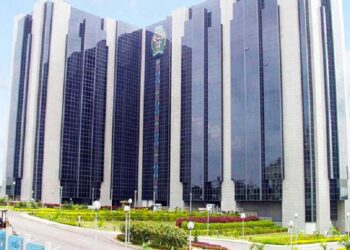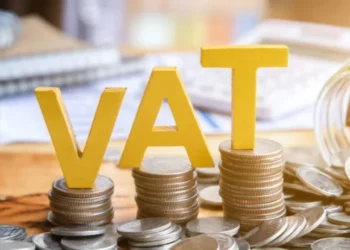West Africa’s struggle to integrate its capital markets is delaying the region’s ability to mobilise large-scale funding for infrastructure and development, according to Emomotimi Agama, director-general of Nigeria’s Securities and Exchange Commission (SEC).
Agama, who also chairs the West Africa Securities Regulators Association (WASRA), told experts in Abuja on Thursday that integration is “no longer a luxury but a necessity.” He warned that “each year of delay is a lost opportunity to mobilise resources for critical projects that can transform our economies.”
The SEC chief noted that Africa faces an annual infrastructure financing shortfall of more than $100 billion, with West Africa requiring tens of billions to modernise transport corridors, upgrade energy systems, and build digital infrastructure.
“Without integrated markets that pool liquidity and broaden investor participation, our governments and private sector will remain constrained, relying on limited fiscal space and expensive borrowing,” Agama said.
Drawing lessons from Europe and Southeast Asia, he argued that harmonised markets were pivotal in driving growth in those regions, and West Africa—with over 400 million people and a combined GDP of about $800 billion—has even greater potential. But, he cautioned, “potential means little without decisive action.”
Agama stressed that integration would not only unlock infrastructure financing but also catalyse growth in agriculture, the digital economy, and youth employment. “In agriculture, integrated markets can mobilise capital for value-chain development, agro-processing, and food security. In the digital economy, regional capital can support fintech scale-ups and broadband expansion, ensuring that West Africa fully participates in the fourth industrial revolution,” he said.
He urged policymakers, especially ECOWAS finance ministers, to show political will and push WASRA’s initiative forward. “Integration is not only about policy declarations; it is about practical collaboration and shared initiatives that deliver results for our markets and our people,” Agama added.
Nigeria’s finance minister and coordinating minister of the economy, Wale Edun, said the WASRA meeting represented “a significant step in the collective journey toward a harmonised regulatory framework” that can deepen cross-border investments and strengthen financial stability.
Peter Oluonye, acting director of the private sector at the ECOWAS Commission, echoed the call, saying harmonised rules, trading systems, and governance standards are needed to break barriers to capital flows. He warned the region urgently needs critical infrastructure projects that demand massive capital investment — and the capital market must play a central role.




